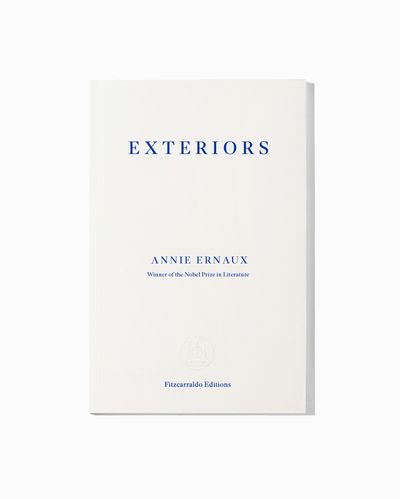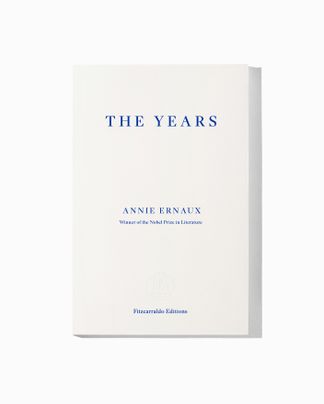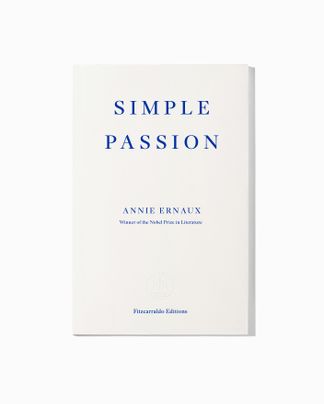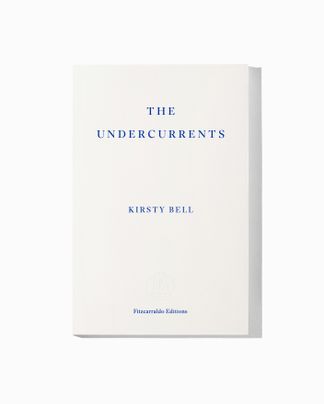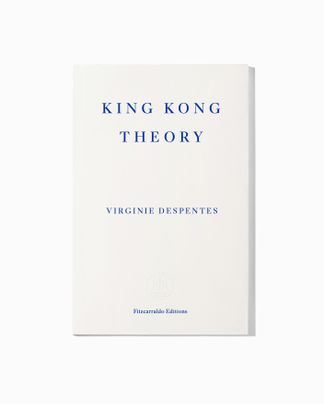Winner of the Nobel Prize in Literature 2022
Taking the form of random journal entries over the course of seven years, Exteriors concentrates on the ephemeral encounters that take place just on the periphery of a person’s lived environment. Ernaux captures the feeling of contemporary living on the outskirts of Paris: poignantly lyrical, chaotic, and strangely alive. Exteriors is in many ways the most ecstatic of Ernaux’s books – the first in which she appears largely free of the haunting personal relationships she has written about so powerfully elsewhere, and the first in which she is able to leave the past behind her.

